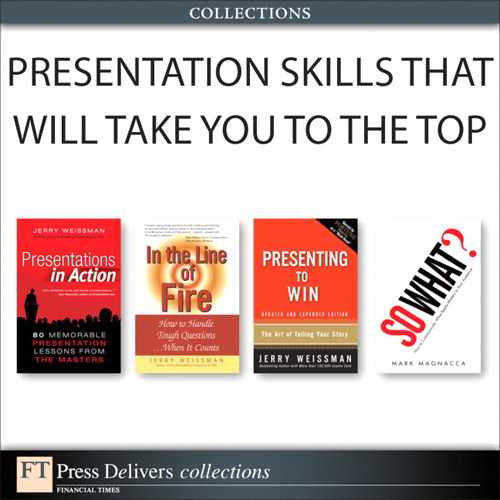61. You Are What You Eat: Ten Tips about Food and Drink in Presentations
“You are what you eat,” a phrase that has become common in today’s lexicon, actually came into being in the nineteenth century. In 1825, Jean Anthelme Brillat-Savarin, a French lawyer, magistrate, and politician, published The Physiology of Taste: Or, Meditations on Transcendental Gastronomy, in which he wrote, “Tell me what you eat, and I will tell you what you are.”F61.1
Over time, Monsieur Brillat-Savarin’s treatise on cooking and eating has become a bible for foodies, and his phrase, in its shorter form, has become a slogan for dieticians.
Brillat-Savarin’s modern counterpart, food guru Michael Pollan, the author of the bestselling Omnivore’s Dilemma, Food Rules and In Defense of Food: An Eater’s Manifesto, has created a slogan with similar advice: “Eat food. Not too much. Mostly plants.”F61.2
Just as food intake influences our physical beings, it also influences our presentations. Here are ten tips for you to keep in mind when you present:
- Eat lightly. Follow Michael Pollan’s advice: Have a small salad or clear soup or broth, at most.
- Avoid nuts or crackers that stick in your teeth.
- Sip—do not gulp—water to moisten your mouth and throat.
- Take a nature break just before you present.
- Use sport-top bottles to avoid spilling and sloshing.
- Avoid coffee, tea, Red Bull, alcohol, or other stimulants.
- If you need a stimulant, use the natural sugars in fruit juices.
- Avoid dairy products, as they coat the throat with a mucosal film.
- Avoid carbonated beverages.
- If you have a cold or cough, use honey or medicinal teabags, such as Throat Coat.
